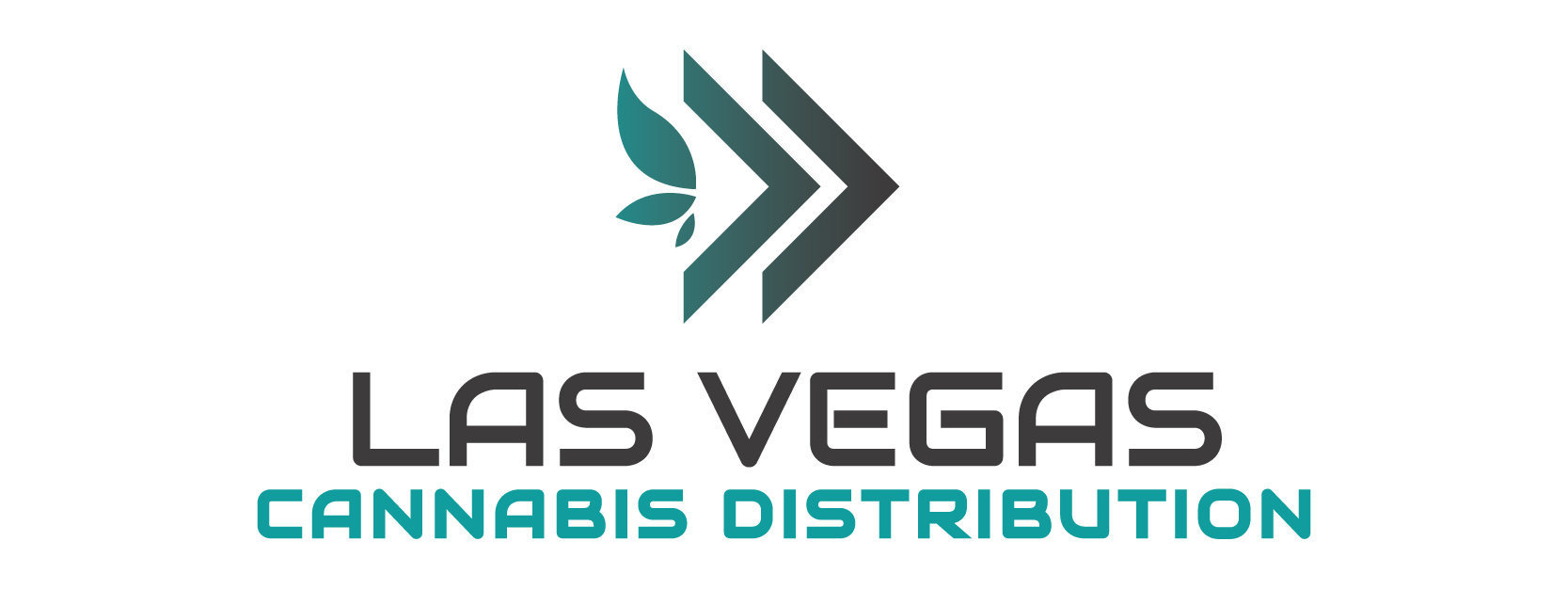Las Vegas’s industrial real estate market is undergoing a transformation—and cannabis logistics may be a significant contributor. As legal cannabis grows statewide, the demand for specialized warehouse and storage facilities is increasingly evident.
Broad trends in the Las Vegas Valley industrial market show that while new construction deliveries slowed in early 2025, vacancy rates are gradually stabilizing, supported by sustained leasing activity. This signals that sectors including distribution and storage are continuing to absorb space, despite past overbuilding.
Industry observers note the cannabis sector’s unique logistical needs. Historically, industrial buildings have been repurposed for cultivation and distribution, and that trend continues today. In comparable markets, landlords have seen cannabis tenants pay a premium for warehouses with secure environments, climate control, and compliance-friendly infrastructure.
Nevada’s cannabis economy was already thriving as of last year, bolstered by strong retail and wholesale performance. With over $860 million in legal cannabis sales in 2022 and forecasts of continued growth through 2030, the market’s expansion creates pressing upstream needs—for cultivation, processing, and reliable distribution solutions.
Adding to that are recent moves by cannabis businesses and investors. Some companies are pursuing growth licensing and expanding cultivation in North Las Vegas, projecting millions in annual revenue. Actions like these will likely ramp up the requirement for nearby storage and distribution capabilities, as operators look for facilities with the right specifications for cannabis inventory.
Despite the optimism, the broader industrial warehouse environment in Las Vegas remains soft. Vacancy rates spiked in late 2024 due to a flood of new buildings hitting the market, forcing landlords to offer competitive lease terms. Nevertheless, the slowing pace of construction and stabilizing demand suggest cannabis-related tenants could help absorb these spaces over the next 12 to 18 months.
From a logistics perspective, specialized storage facilities give cannabis distributors a significant advantage. Warehouses tailored to cannabis can include security systems, vault rooms, temperature and humidity controls, and layouts that streamline order fulfillment—key factors in maintaining product quality, regulatory compliance, and operational efficiency. Distributors who secure the right space now may gain an edge as more competitors enter the market.
Taken together, it appears that Las Vegas’s cannabis logistics ecosystem is maturing. From the architectural fit of warehouses to their secure, compliance-friendly design, cannabis businesses are actively seeking tailored storage and distribution solutions. With the overall industrial market poised for balance, there’s a window for cannabis operators to capture logistics infrastructure just as the broader industrial pipeline slows.
In summary, strong legal cannabis revenues in Nevada and projections for continued growth are fueling upstream storage needs. Warehouse landlords nationwide—and now in Las Vegas—are increasingly attracting cannabis operators seeking secure, climate-controlled facilities. The recent softening in the industrial market may give cannabis tenants favorable lease conditions, even as space absorption begins to steady. For those coordinating cannabis logistics in Las Vegas, the current landscape suggests the time is right to expand or establish cannabis-specific storage operations.

